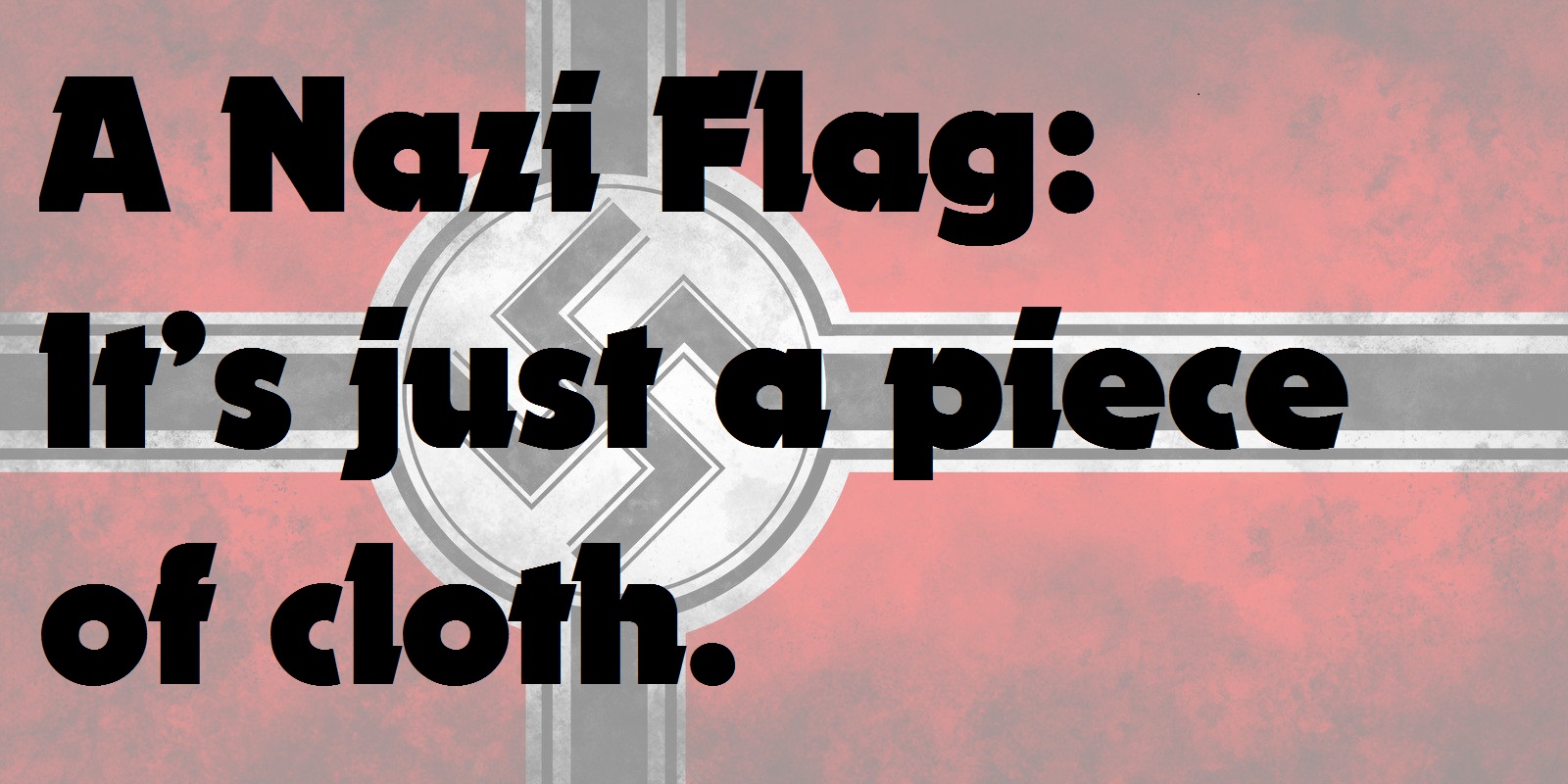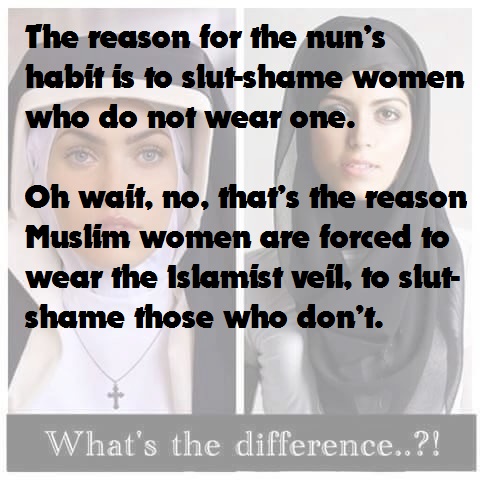2017-02-18
How are Islam and Islamism related. Here is my take on this very important question.
Sommaire en français Quelle est le rapport entre islam et islamism. Je donne ici mon point de vue sur cette importante question.
Islam, like most religions, comes in many forms, may variants, many sects. There are Sunnis and Shiites; there are Sufis and Ahmadis; there are various denominations and tendencies. There are pious, observant Muslims and non-practising Muslims. There are modern secular Muslims. There are ex-Muslim atheists. There are those from a Muslim background for whom Islam is only a cultural heritage or a childhood memory.
Islamism is a political ideology based on Islam, a program which is often violent and revolutionary, generally promoting full implementation of sharia law. It may also be called political Islam, Islamic extremism, Islamic fundamentalism, Muslim fundamentalism, radical Islam, Islamofascism, Islamist fanaticism, etc. The choice of the best label remains open for discussion. For example, fundamentalism need not be violent. On the other hand, the term Islamofascism may be considered too mild, since fascism, strictly speaking, is a modern XXth-century phenomenon while Islamism is based on early-medieval totalitarian theocracy and is far to the right of even the most extreme right-wing fascism. Regardless of the expression one chooses, this phenomenon is currently on the offensive and its effects are devastating, both materially and ideologically.
Political Islam is neither a distortion of Islam nor an outrageous extrapolation of it. On the contrary, it is simply an eminently plausible interpretation of the Muslim religion.
There are those who say that Islam and Islamism are basically the same thing, that there is no essential difference between them. I respectfully disagree. In my opinion Islamism is a subset of Islam, a variant of it, one of several interpretations of Islam. The radical political ideology of Islamism is not synonymous with Islam, but it is part of it and compatible with it. Political Islam is neither a distortion of Islam nor an outrageous extrapolation of it. On the contrary, it is simply an eminently plausible interpretation of the Muslim religion.
There are those who say that Islam and Islamism are completely distinct. I disagree. But I do not do so respectfully. I have no respect for an opinion which is so obviously false—dangerously false—and has the effect of exonerating Islam from any responsibility for the extremists who base their ideology on the “sacred” writings of that religion. To say that Islamism has nothing to do with Islam is like saying that the Crusades had nothing to do with Christianity, or that Mike Pence’s extreme homophobia has nothing to do with the homophobia of all three Abrahamic religions.
What About the Believers?
Thus Islam contains Islamism. The religion Islam, by way of its various “sacred” writings—the quran, hadiths, etc.—provides the theoretical underpinnings of the extremely virulent, proselytizing and totalitarian ideology of Islamism. But what about the people; what about Muslims? Does the fact that these two systems of ideas are so closely related imply that all Muslims are either Islamists or near-Islamists? The short answer, of course, is no.
I always stress the importance of distinguishing beliefs from believers, ideologies from people. Muslims, like Christians, Jews or other religious believers are all over the map, from fundamentalist to secular. It can be argued that there is no such thing as modern, secular Islam, that that religion is essentially obscurantist and retrograde. Christianity too is essentially obscurantist and retrograde, and yet Islam is arguably even worse, because the virulence of Christianity has at least has been somewhat attenuated after 2000 years of history, while Islam has never gone through a process similar to what the Enlightenment did to tame (partially at least) both Christianity and Judaism. However, the absence of a secularized Islam does not imply that there are no secular Muslims.
Secular Muslims—i.e. those who have moved away from strict observance, who have distanced themselves from the worst aspects of Islam, who may indeed be closet atheists—do indeed exist. And they are in a very difficult situation, a situation which makes them less visible. There are probably far more of them than is apparent.
When Trudeau visits a mosque and communes openly with imams, when non-Muslim women wear hijabs in a ridiculous show of false “solidarity”, when our politicians undermine human rights by allowing face-coverings everywhere, these actions validate and empower more fundamentalist Muslims.
One of the worst aspects of Islam is the taboo against apostasy, i.e. against leaving Islam. In fact, it is more than a taboo: it is the law in many Muslim-majority countries. Apostasy is often a crime with severe penalties, even the death penalty. This is the absolute negation of freedom of conscience. See my previous blog Apostasy is a Human Right. So in addition to all the disapproval and the threat of ostracism from family and community which make life difficult for any Muslim who may be questioning their religion a little, there is, in countries which have such laws, the very real, objective threat of criminal charges and severe punishments.
Even in countries such as Canada where apostasy is not criminalized, where we enjoy some degree of freedom of conscience, family members and the Muslim community may still exert strong pressure on the individual. Islamist individuals in that community may have a great deal of threatening influence even if they may be few in number. A member of the community who may be considering abandoning the faith, or who merely wishes to speak out about problems caused by excessively strict observance of Islamic dogmas, such as dubious treatment of women or of children, may be subject to intimidation.
Well-meaning but foolish proponents of communitarianism (i.e. multiculturalism) make matters worse by treating Muslims like a monolithic community, thus empowering the more fundamentalist and Islamist among them. When Justin Trudeau visits a mosque as prime minister and communes openly with imams, when non-Muslim women wear hijabs in a ridiculous show of false “solidarity” with Muslim women (many of whom do not wear any veil), when our politicians undermine human rights by allowing face-coverings everywhere, these actions validate and empower more fundamentalist Muslims. They make it even more difficult for modern, secular-leaning Muslims to assert their own freedoms in opposition to fundamentalists.
The New Blasphemy
We must stop the recriminalization of blasphemy under its new name “Islamophobia!”
Currently, Islamists are on an aggressive international campaign of promotion of their totalitarian version of Islam. Islamists are very vocal and noisy, making them appear more numerous than they really are. Their goal is to speak for all Muslims, to silence more moderate voices or at least to shout louder than them. Their goal is to become the only voice of Muslims. They are having some success. The proportion of Muslim women wearing some kind of veil is increasing in Canada. Multiculturalists such as Trudeau and his ilk play directly into the hands of proselytizing Islamists.
Islamists have various weapons which they use in their campaign to dominate. Terrorism is only the most extreme weapon. There are also much simpler, non-violent weapons which are very effective, weapons of propaganda, especially useful in countries where Muslims are a small minority. Promotion of the veil is one weapon: imposing it anywhere and everywhere, making its presence appear normal and banal, conquering public space little by little. The case of legal jihadist Zunera Ishaq is a notable example of this strategy. Another weapon of choice for Islamists is promotion of the term “Islamophobia” which stigmatizes criticism of Islam and Islamism. In Canada today, this particular propaganda weapon has a very high profile. Free speech is under attack and the situation is very serious. Islamists and their multiculturalist dupes are exploiting the recent killings at a Quebec City mosque in order to get the federal parliament to pass motion M-103 which would condemn so-called Islamophobia.
Secular Muslims get it from both sides. They deserve all the support we can give them. We must oppose the retrograde measures which Islamists and fundamentalists are pushing, such as promoting the veil and stigmatising criticism of their religion. The current priority is that motion M-103 must be defeated.
We must stop the recriminalization of blasphemy under its new name “Islamophobia!”
Next blog: The Undauntable Fatima!

